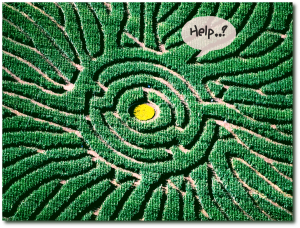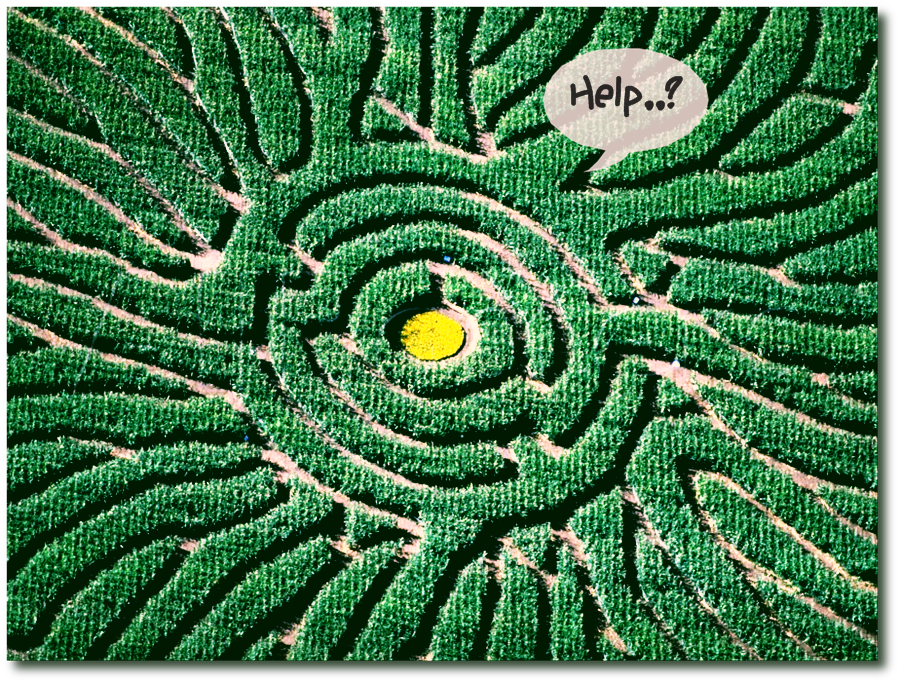[fusion_builder_container hundred_percent=”no” equal_height_columns=”no” menu_anchor=”” hide_on_mobile=”small-visibility,medium-visibility,large-visibility” class=”” id=”” background_color=”” background_image=”” background_position=”center center” background_repeat=”no-repeat” fade=”no” background_parallax=”none” parallax_speed=”0.3″ video_mp4=”” video_webm=”” video_ogv=”” video_url=”” video_aspect_ratio=”16:9″ video_loop=”yes” video_mute=”yes” overlay_color=”” video_preview_image=”” border_size=”” border_color=”” border_style=”solid” padding_top=”” padding_bottom=”” padding_left=”” padding_right=””][fusion_builder_row][fusion_builder_column type=”1_1″ layout=”1_1″ background_position=”left top” background_color=”” border_size=”” border_color=”” border_style=”solid” border_position=”all” spacing=”yes” background_image=”” background_repeat=”no-repeat” padding_top=”” padding_right=”” padding_bottom=”” padding_left=”” margin_top=”0px” margin_bottom=”0px” class=”” id=”” animation_type=”” animation_speed=”0.3″ animation_direction=”left” hide_on_mobile=”small-visibility,medium-visibility,large-visibility” center_content=”no” last=”no” min_height=”” hover_type=”none” link=””][fusion_text]
 Life is like a corn maze. As we travel through life, we are faced with difficult choices. We often have to decide which way to turn without knowing if that way will lead us out of our mess and confusion. We really hope things will eventually get better. We may even be confident that we are making progress toward happiness and security, but how can we know for sure?
Life is like a corn maze. As we travel through life, we are faced with difficult choices. We often have to decide which way to turn without knowing if that way will lead us out of our mess and confusion. We really hope things will eventually get better. We may even be confident that we are making progress toward happiness and security, but how can we know for sure?
If you feel this way, you are not alone. Actually, you are in good company.
One of the wealthiest and most powerful men who ever lived had to fight to find meaning in his life. His name was King Solomon, and he ruled Israel for 40 years. During his reign, no enemy dared to attack his powerful nation. He accomplished great feats, like building a beautiful palace and a Jewish Temple that was one of the great wonders of the world. In spite of his money, talents, and fame, though, he struggled to find satisfying meaning in his life.
We can actually trace his journey to see how he found his way out of despair and into satisfying freedom in the book he wrote in the Bible called Ecclesiastes.
Solomon looked at the world around him and realized that life is too short and too repetitious to provide any real satisfaction (see Ecclesiastes 1:3-11). The sun rises and sets exactly the same way every day. The wind is continuously blowing round and round the earth. Water flows in rivers to the sea. It is evaporated into the clouds and then comes back as rain to fill the rivers that flow back to the sea.
Our lives are similar. We get up every day and go through the same routine getting ready for the day. We work hard and then come back home to start the routine all over again. Even if we build a business, own a home. and make a lot of money, when life is over, it all belongs to someone else. In light of eternity, our life is only a blip on the radar screen.
It is even worse for those who don’t believe in God. They think that life begins in meaninglessness and that it ends in meaninglessness. They even believe that nothing created everything.
Solomon goes on in Ecclesiastes 2:1-11 to describe how he pursued pleasure through comedy, alcohol, hard work, beautiful gardens, music, and of course, money. He concluded that all of those things turned out to be empty, unsatisfying pursuits.
Solomon’s book is filled with beautifully written poetry that views life from the human perspective I’ve been describing. He concludes that no matter how wise or wealthy a person is, he can’t make life work without God. A high point of the book is Solomon’s advice in Ecclesiastes 12:1: “Remember also your Creator in the days of your youth, before the evil days come and the years draw near when you will say, “‘I have no delight in them.’”
How do we “remember our Creator”? It starts with knowing the Bible’s story. God has given us an infallible guidebook that shows the solution to life’s emptiness. Understanding the core message of the Bible is absolutely vital.
It actually begins with bad news. Our choices ruined God’s creation. Although we were created to glorify God (see Revelation 14:7), we have all rejected God’s authority over us. “All of us like sheep have gone astray, each of us has turned to his own way…” (Isaiah 53:6). That makes us unsuitable to live in God’s holy presence, “For the wages of sin is death….” (Romans 6:23).
Jesus Christ, God in human form, took the death penalty that we deserved. Jesus, the Messiah, “was pierced through for our transgressions, He was crushed for our iniquities; The chastening for our well-being fell upon Him…” (Isaiah 53:5).
This good news gets even better when we learn that “God demonstrates His own love toward us, in that while we were yet sinners, Christ died for us” (Romans 5:8).
Those truths are important, but understanding them is not enough. We must personally respond to that good news by turning from our own sin–that’s repentance–and putting our complete confidence in what Jesus has done for us–that’s faith. Jesus challenged us to “… repent and believe in the gospel” (Mark 1:15).
When we have genuinely responded to the Gospel, there are at least two results we will see in our lives.
First, we will develop a new affection for Jesus that we didn’t have before. If we are really thankful that Jesus suffered a type of hell for us, we will be overwhelmed with love for Him. “Therefore, having been justified by faith, we have peace with God through our Lord Jesus Christ, through whom also we have obtained our introduction by faith into this grace in which we stand; and WE EXULT in hope of the glory of God” (Romans 5:1–2). 1 John 4:16 is another verse that explains more about this new love.
Next, we will also have new desires. We will want to do what the Bible instructs us to do. “Therefore, putting aside all filthiness and all that remains of wickedness, in humility receive the word implanted, which is able to save your souls. But prove yourselves doers of the word, and not merely hearers who delude themselves” (James 1:21–22).
If we are trusting Christ for our eternal forgiveness, we will love Him AND want to obey Him. Jesus said, “If you love Me, you will keep My commandments. (John 14:15).
We don’t have to feel helplessly confused and wander aimlessly through life. When we trust our Creator, we have this promise: “Trust in the LORD with all your heart and do not lean on your own understanding. In all your ways acknowledge Him, and He will make your paths straight” (Proverbs 3:5–6).
[/fusion_text][/fusion_builder_column][/fusion_builder_row][/fusion_builder_container]

